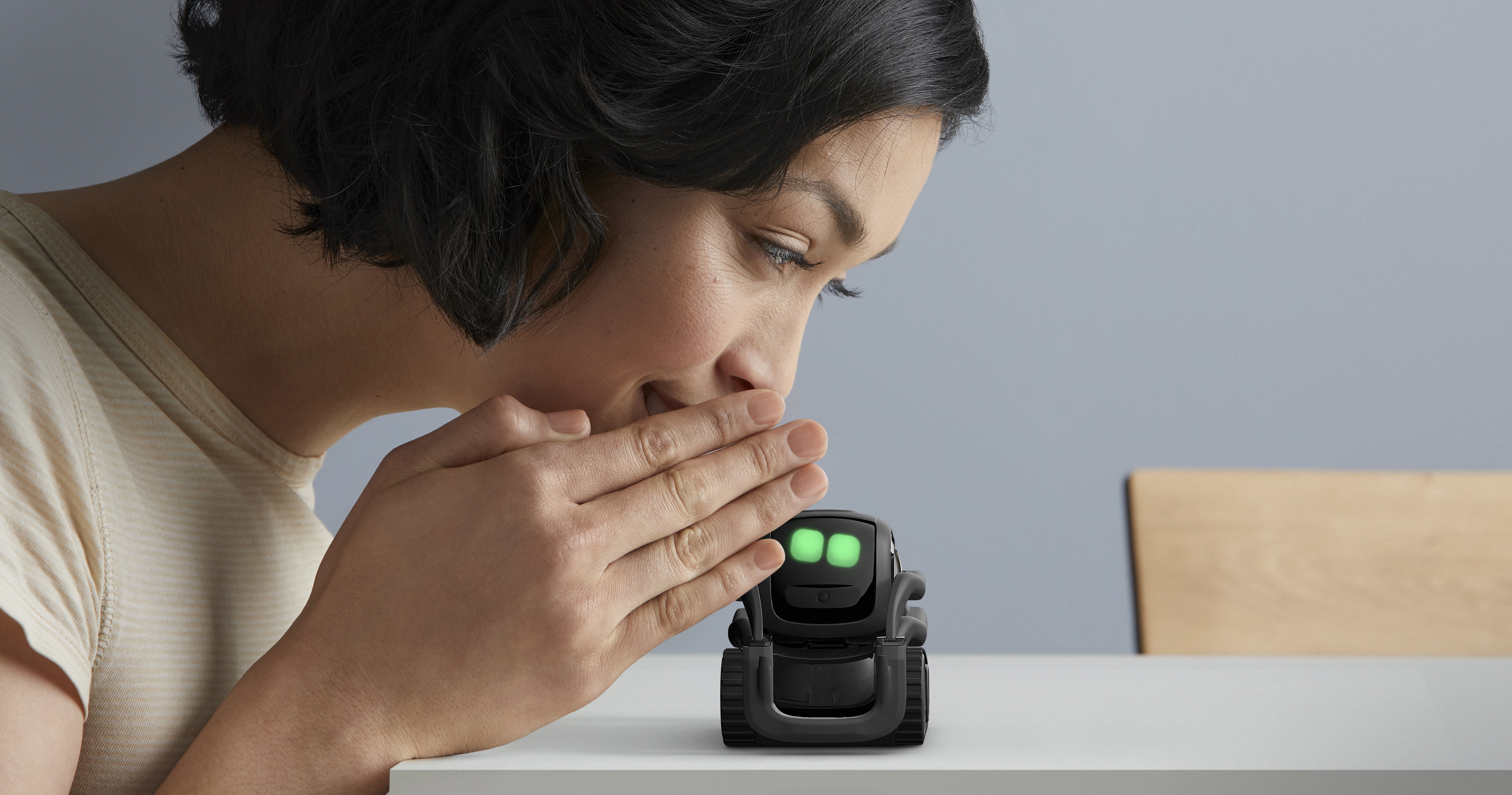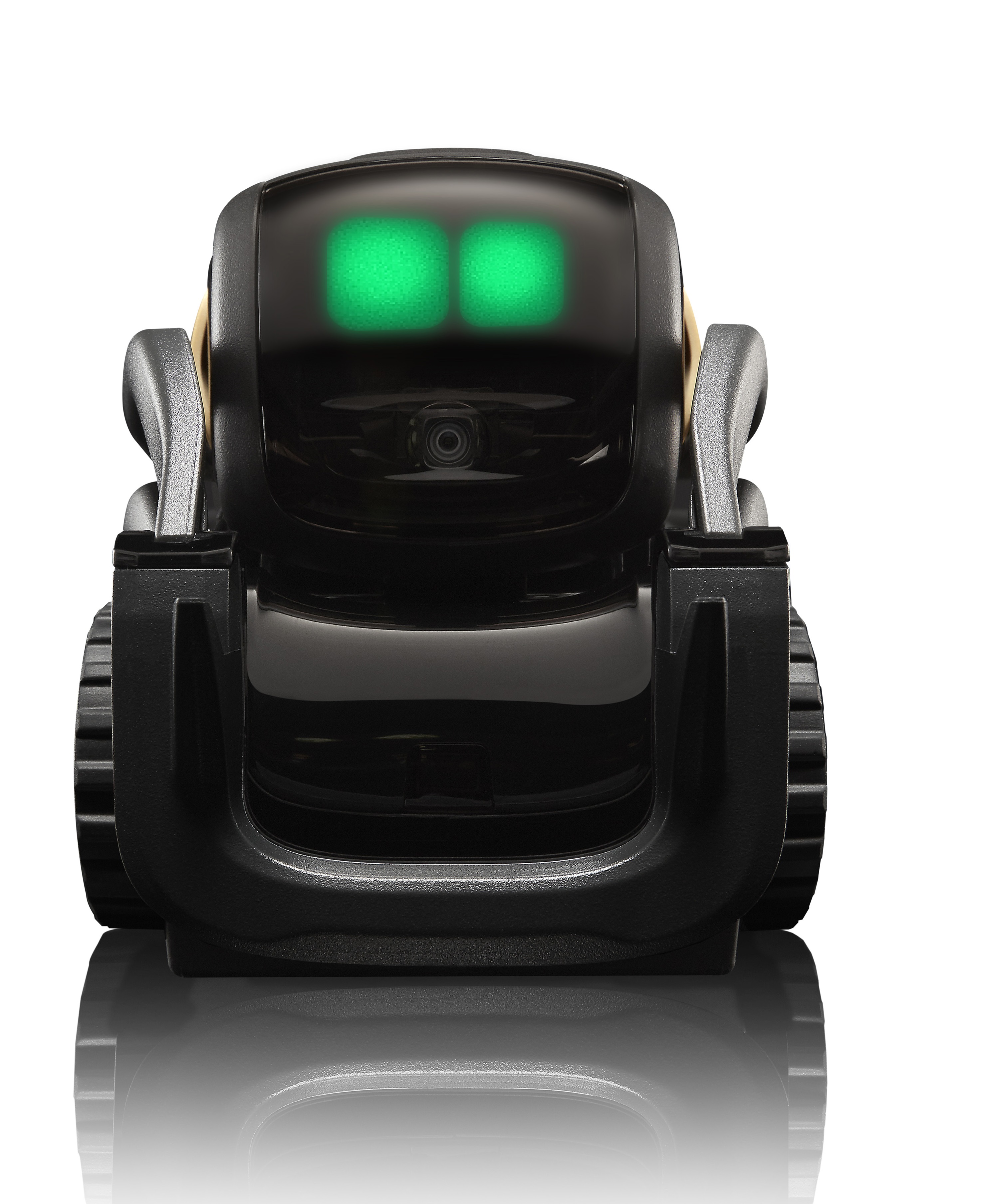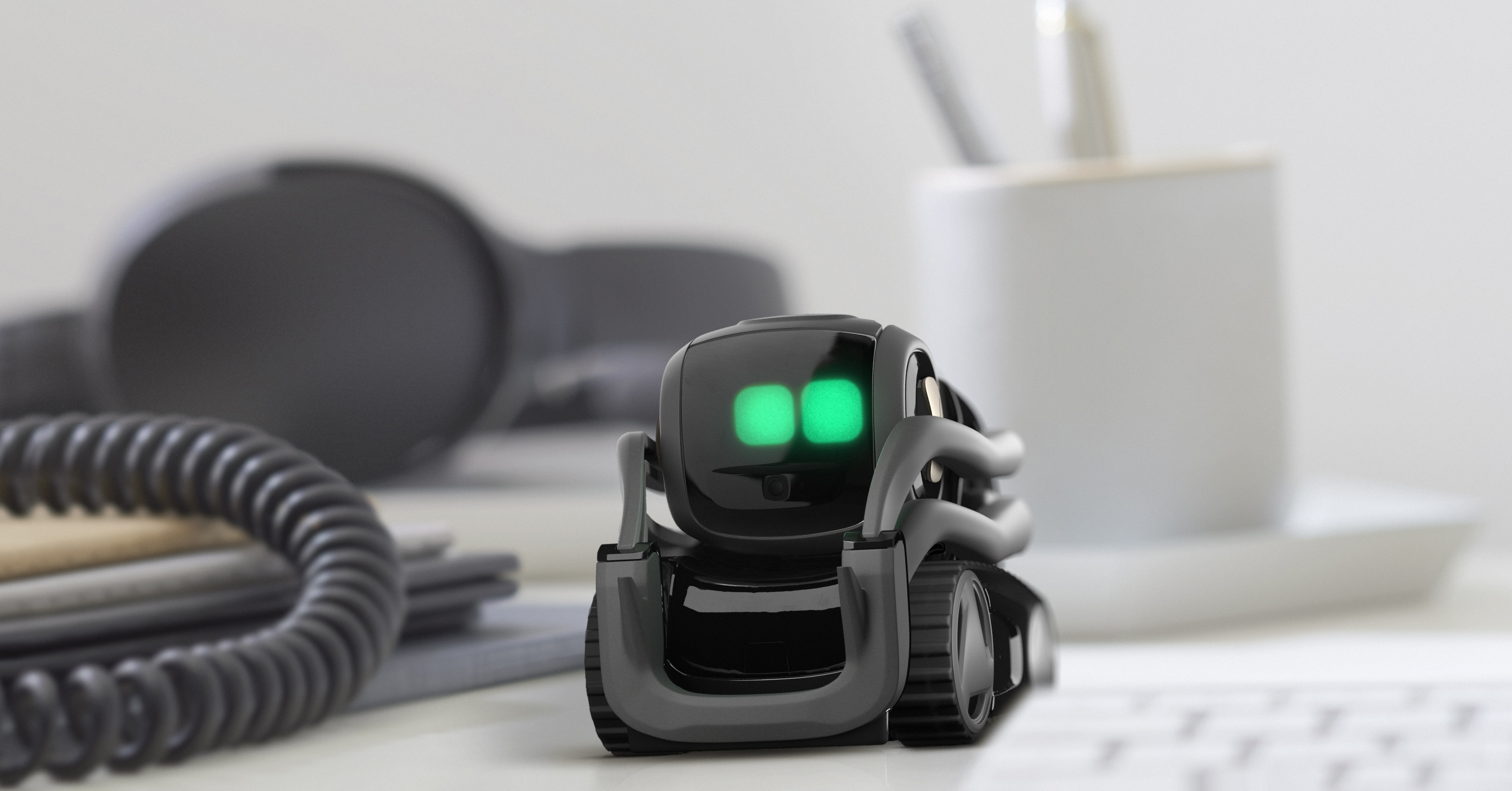
A future where every home contains a robotic assistant is possible if the robots themselves have personality and emotion, a leading firm in the field has said.
San Francisco-based robotics and artificial intelligence (AI) firm Anki recently announced its second mobile robot designed to interact with users around the home.
The small bot, called Vector, is capable of responding to voice queries and commands in a similar fashion to virtual assistants such as Alexa, but has also been built with input from animators to ensure it has character and personality in its interactions.
 (Anki)
(Anki)
Anki co-founder and chief product officer Mark Palatucci said the company’s aim is to create robots that can interact with humans in a deeper way and almost become part of the family as a result.
“This has been our goal from the beginning – how do we build robots for the home? Ones that useful – they’re not just for fun or entertainment – they’re actually doing something that helps people around the house,” he told the Press Association.
“But then also how do they do it in a way where it’s not just utility but it can add an emotional aspect, that this robot could really become a member of the family? For example a lot of the bond that you have with a pet – how can we take that kind of emotion and psychology and build it into a physical machine and ultimately create better user experiences?
“Humans communicate in an emotive way, we understand people not just through language but also through emotions and facial expressions. We think that’s how people should communicate with technology. It shouldn’t just be taps and swipes and clicks, but rather the technology or the robot should understand you speaking in natural language and sentences.”
Vector is due to go on sale later this year and will be fully autonomous and able to return itself to its charging station, as well as use its built-in microphones and camera to recognise faces and voices as it learns.
 (Anki)
(Anki)
It will be connected to the cloud, enabling Anki to push various updates and improvements to the device, but also help with some processing when it comes to answering queries.
But Mr Palatucci says it is the manner of Vector’s responses that make it stand out from existing virtual assistants, and could change how people interact with robots.
“We’re not trying to compete with Alexa or Google Home, but at the same time, if you think about the state-of-the-art virtual assistant you realise that we’re really just scratching the surface. Typically with virtual assistants there’s no character, there’s no emotion, there’s very little personality and you get these very stoic responses,” he said.
 (Anki)
(Anki)
“And if you think about the future and where this kind of technology is going, it’s funny because many people have almost a fear of AI and there’s been a lot of news media – sometimes a lot of misinformation – sci-fi books and films that often create this dystopian future and we’re trying to think very differently about that.
“We’re trying to create a different future, a friendly future where robots are not taking people’s jobs or a threat to humanity but rather they’re additive. They’re fun, they’re engaging and ultimately they do something useful. They’re doing it in a way where you could have an emotional bond or affinity for this type of character and that’s really the direction we’ve been on and what we’re trying to do with this product.”
He added that placing such a device in people’s homes also meant taking a serious approach to security.
“I think everyone at the company recognised the enormous responsibility that we had as a company when you have a microphone and a camera on wheels inside someone’s most trusted space,” he said.
None of the audio or visual content gathered by Vector is ever stored in the cloud by Anki, with audio deleted once it has been analysed to help complete queries, while visual content never leaves the robot, Mr Palatucci said.
“You only get one shot at this and if you blow it, it’s hard to get back people’s trust. If you’re going to welcome a robot into your home – your most trusted space – you’ve got to nail it.”


Comments & Moderation
Readers’ comments: You are personally liable for the content of any comments you upload to this website, so please act responsibly. We do not pre-moderate or monitor readers’ comments appearing on our websites, but we do post-moderate in response to complaints we receive or otherwise when a potential problem comes to our attention. You can make a complaint by using the ‘report this post’ link . We may then apply our discretion under the user terms to amend or delete comments.
Post moderation is undertaken full-time 9am-6pm on weekdays, and on a part-time basis outwith those hours.
Read the rules here